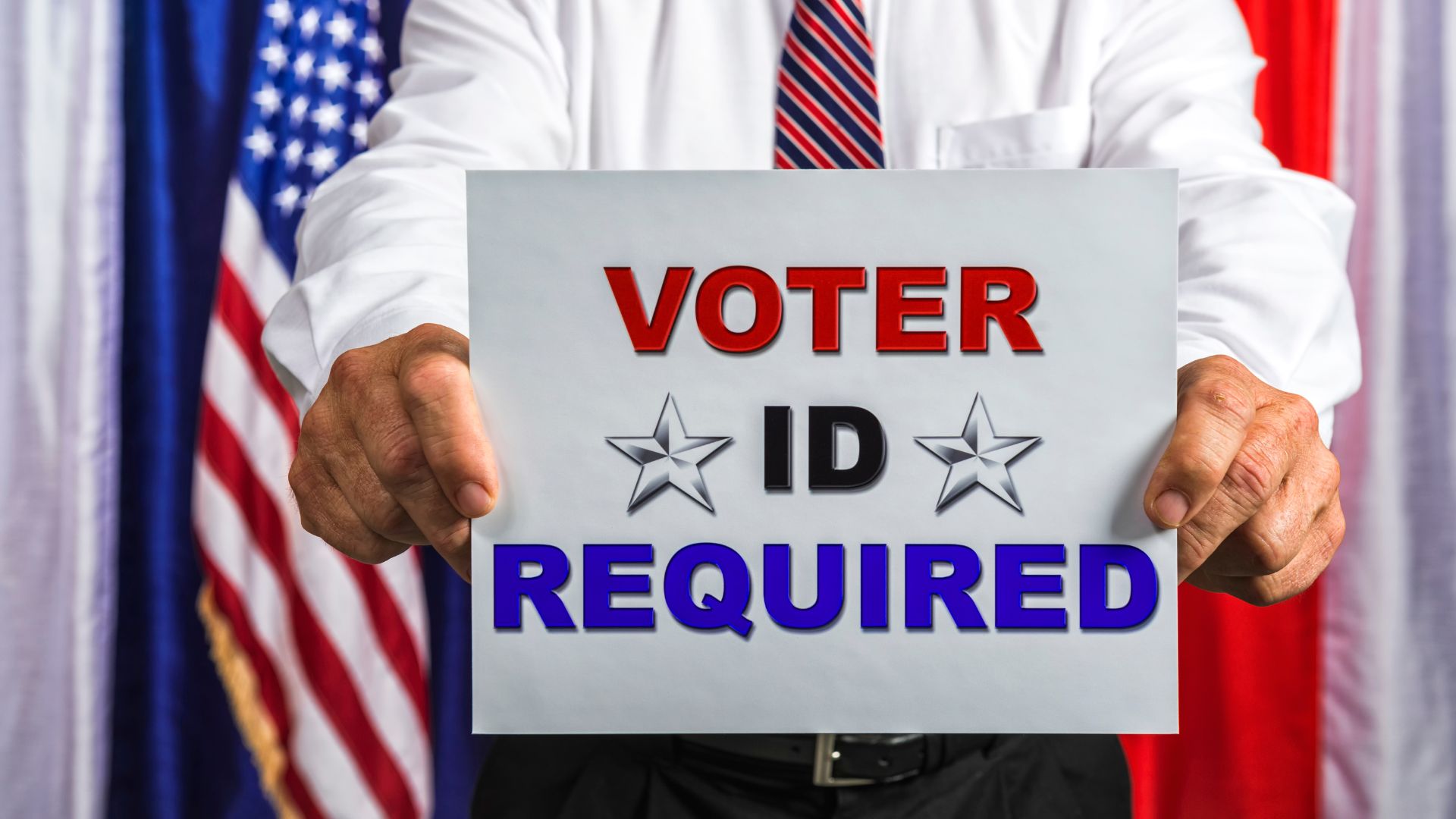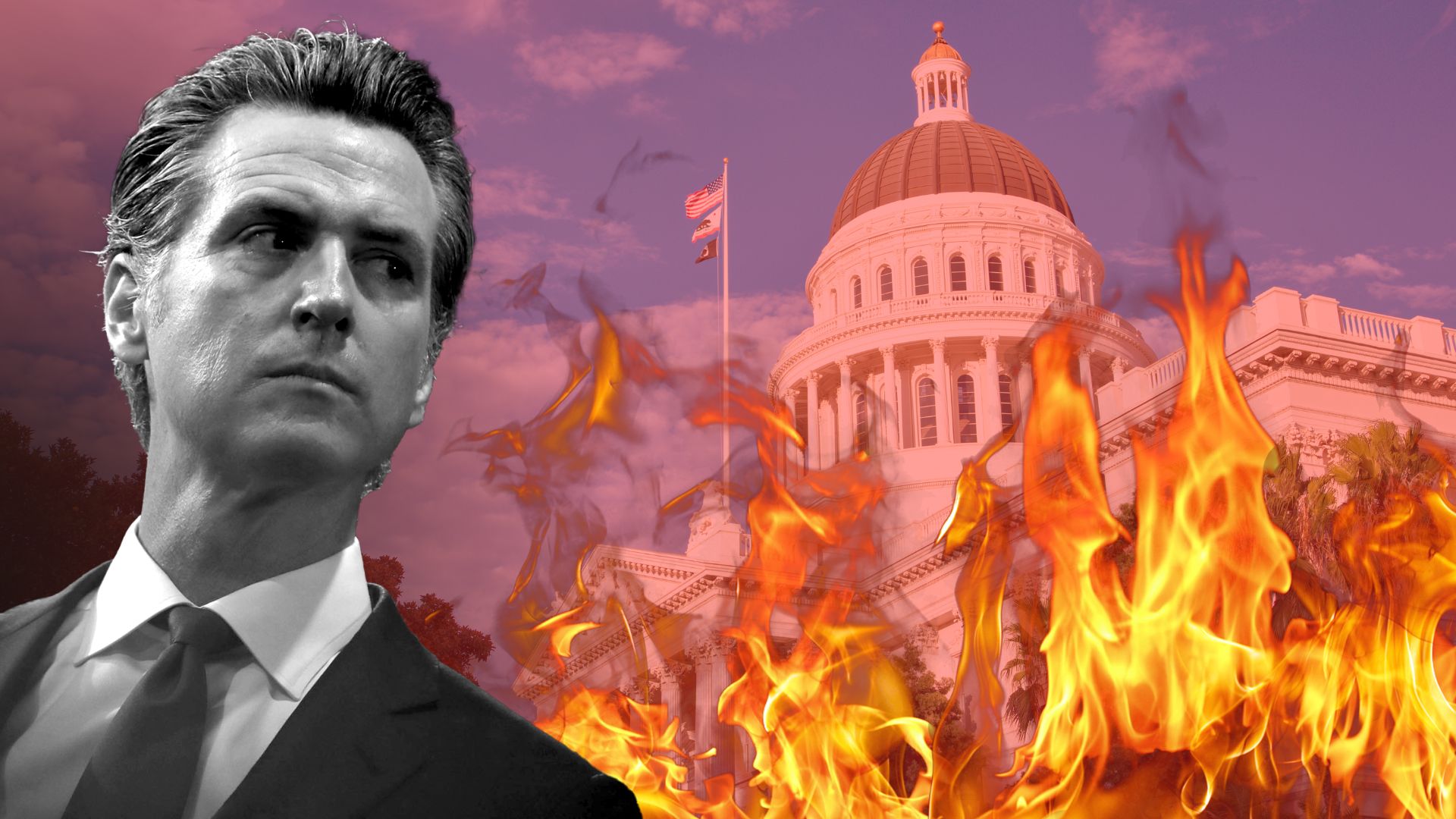
Image Credit:
Shutterstock
California’s budget surplus is $97.5 billion. Yes, you read that number right. That’s the state budget surplus for the State of California that Governor Newsom announced last week. Not only is this an unprecedented surplus for California, but for the whole country.
“[N]o other state in American history has ever experienced a surplus as large as this," said Newsom. “You’ve never seen a number like this.”
The huge surplus is significantly more than the $76 billion the governor predicted in January. While about half of the funds are required by law to be spent on education, that still leaves around $49 billion in discretionary money.
Carl DeMaio, chairman of Reform California, says that the budget is a symptom of “gross overtaxation.”
“The state budget has a surplus of nearly $100 billion — and that incomprehensibly large number came from your tax dollars,” said DeMaio.
“What’s worse, some states like Oregon have provisions to automatically return tax money to the people if a surplus is large enough — but not California,” he explained. “Think of it like your personal tax returns: if the government takes too much, you should get some back, right?”
But Newsom’s budget makes no move to provide tax returns to the people. It does, however, include funding for Newsom’s “gas rebate” checks of $400 per vehicle (max of 2 per person) to each vehicle owner in California, which comes as gas prices hit an average of $6.00 this week.
DeMaio argues that the rebate would be nice if it materializes, but that it is mostly for show.
“The Democrats in the Legislature have rejected multiple attempts to pause the state gas taxes to help Californians that are suffering, and they’ve rejected Newsom’s rebate check idea once already,” said DeMaio. “But not only have they refused to provide relief on gas prices — they raised the gas tax effective July 1st!”
DeMaio points to the provision of SB1 (2017) which will automatically raise the gas tax by 5.6%, an increase the state Legislature refused to pause this month, citing concerns of — yes, really — how it would impact the state budget.
Assembly Speaker Anthony Rendon (D) and Senate President Pro Tem Toni Atkins (D) said it would specifically “reduce critical funds” to pause the gas tax increase.
So how is the rest of the $49 billion getting allocated?
Newsom has proposed spending on a wide range of social welfare programs. DeMaio says that the efforts will amount to very little benefit for working families.
“Newsom’s proposals will not help working families, but will instead throw good money after bad,” said DeMaio. “Why not just return the money to the people?” DeMaio asked.
DeMaio points to various projects by the state and federal government on housing, infrastructure, homelessness prevention, and more that have achieved little success despite exorbitant funding.
One example is San Francisco, where Mayor London Breed has allocated hundreds of millions of dollars to obtain 1,500 new housing units for the homeless — but 888 units currently sit vacant and unused by the city’s homeless population, according to the city’s Department of Homelessness and Supportive Housing.
“We see this time and time again: the government is the most inefficient vehicle for solving these problems — they throw more and more money at them but nothing changes,” said DeMaio.
“Instead, that money that gets wasted could go back to your pockets and fuel small businesses and private industry to improve California,” he continued.
DeMaio argues that the best move the state could make is to return the surplus to residents via direct cash payments.
According to the 2020 census, California has a population of roughly 39.35 million. $97.5 billion split equally among all residents would be about $2,477.76 per person.
But that number includes children and other non-taxpayers. State data shows there were about 17.5 million personal income tax filers in California in 2019. $97.5 billion split among these tax filers would come out to $5,571.43 per person.
“That is how overtaxed you are,” says DeMaio.
DeMaio argues the best way to achieve a budget that works for the people in California is to vote for a legislature that will fight for you. Electing reform-minded candidates, he says, can help return your money and block bad legislation.
That’s why DeMaio and Reform California are urging concerned Californians to join the campaign today to help flip key target seats in November.


-1.jpg)